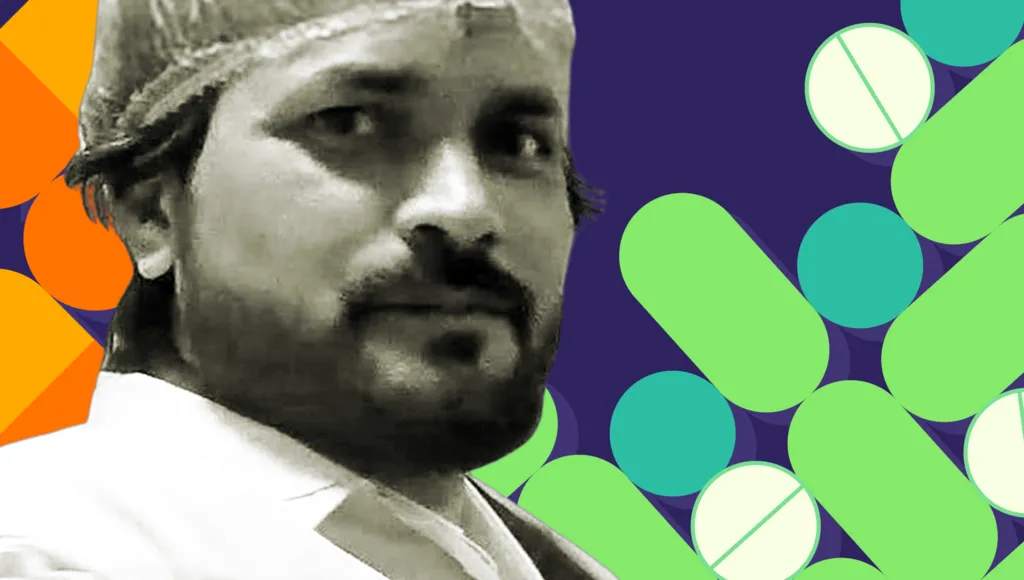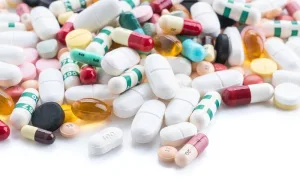A shocking investigation has revealed that an Indian pharmaceutical company is illegally manufacturing and exporting highly addictive opioids to West Africa, where they are wreaking havoc on public health. Aveo Pharmaceuticals, based in Mumbai, is at the center of this crisis, producing unlicensed pills that combine tapentadol, a potent opioid, with carisoprodol, a banned muscle relaxant.
The Dangerous Drug Combination
Tapentadol is a powerful painkiller known to cause respiratory issues and fatal overdoses, while carisoprodol is banned in Europe due to its addictive nature. When combined, these substances create an especially lethal drug cocktail, widely abused as a cheap alternative to heroin. Despite being unapproved for medical use anywhere in the world, these pills are flooding the streets of Ghana, Nigeria, and Côte d’Ivoire under brand names like Tafrodol, TimaKing, and Super Royal-225.
Undercover Footage Exposes Pharma Executive
A BBC investigation infiltrated Aveo Pharmaceuticals, where an undercover journalist posing as an African businessman filmed one of the company’s directors, Vinod Sharma. In the footage, Sharma openly discussed the harmful effects of the pills, acknowledging their dangers while referring to the business as simply a means to profit. The investigator even mentioned plans to sell the drugs to teenagers in Nigeria—an alarming statement that Sharma did not object to.
West Africa’s Growing Opioid Epidemic
The impact of these drugs is devastating. In cities like Tamale, Ghana, addiction rates have surged, with young people found slumped in drug-induced stupors. Local communities have formed grassroots task forces to raid dealers and seize these illicit pharmaceuticals. During one such operation, authorities confiscated large quantities of Tafrodol, all carrying Aveo’s distinctive logo.
A Lucrative and Illegal Trade
Investigations show that Aveo Pharmaceuticals, along with its sister company Westfin International, has been exporting millions of these opioid tablets to West Africa. Nigeria, a country with over 225 million people, is the largest market for these pills, with an estimated four million individuals abusing opioids.
Brigadier General Mohammed Buba Marwa, head of Nigeria’s Drug Law Enforcement Agency (NDLEA), warned that these opioids are “devastating our youths, our families; they’re in every community.”
India’s Role and Regulatory Failures
Following an earlier crackdown on tramadol—a widely abused opioid—Indian pharmaceutical companies swiftly adapted, replacing tramadol with tapentadol-based drugs to circumvent regulations. While India’s pharmaceutical industry is a global leader in producing life-saving medicines, the rise of unethical manufacturers is damaging its reputation.
Indian law prohibits the export of unlicensed drugs unless they are approved in the destination country. However, Ghana’s Drug Enforcement Agency confirms that Aveo’s opioid mix is illegal in Ghana, making its shipment a direct violation of Indian law.
Regulatory Action Needed
The Central Drugs Standard Control Organization (CDSCO), India’s drug regulatory body, has stated its commitment to tackling pharmaceutical malpractice and strengthening export regulations. However, with millions of these pills still reaching African markets, the effectiveness of such oversight remains in question.
Conclusion
Despite widespread evidence of harm, Aveo Pharmaceuticals and other manufacturers continue to profit from the opioid crisis in West Africa. As addiction rates soar and communities struggle to contain the damage, urgent action is needed from both Indian and West African authorities to curb the illicit trade of these dangerous substances. Until stricter regulations and enforcement
#OpioidCrisis, #PharmaScandal #WestAfrica #DrugAbuse #IndiaPharma #IllegalDrugs #PublicHealth #AddictionAwareness #RegulatoryFailure #BBCInvestigation




+ There are no comments
Add yours